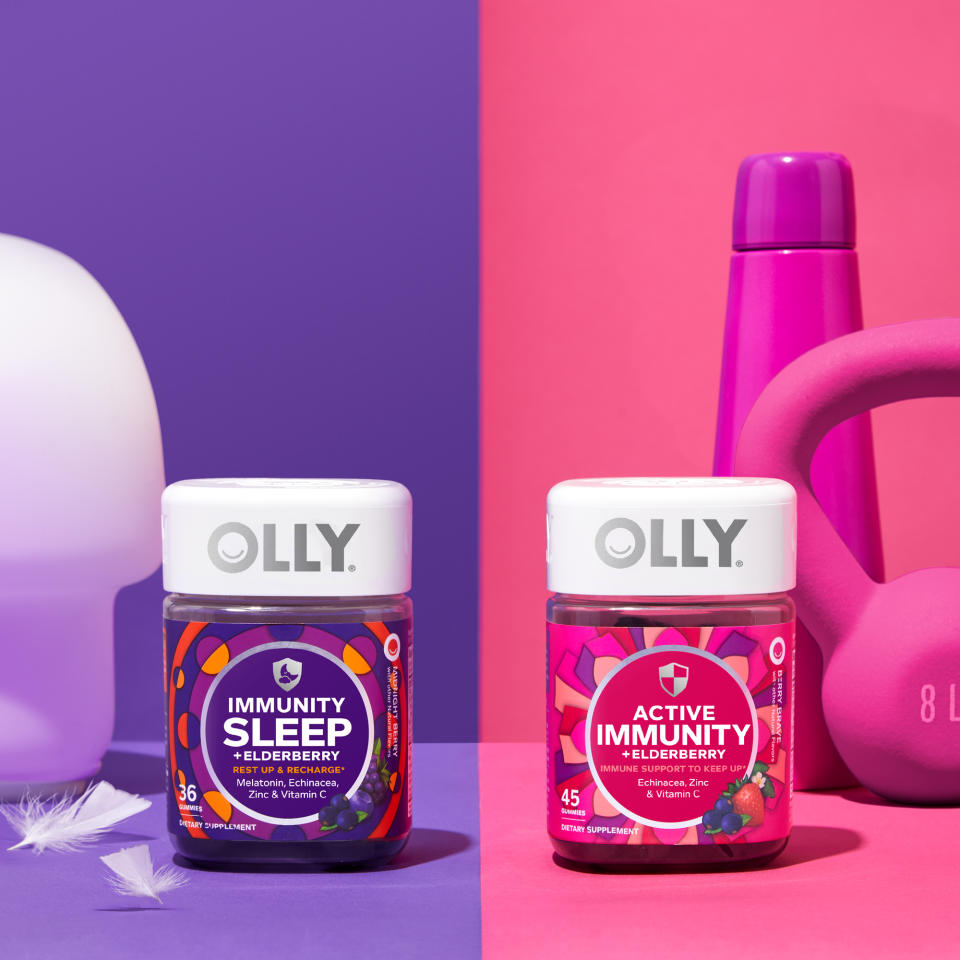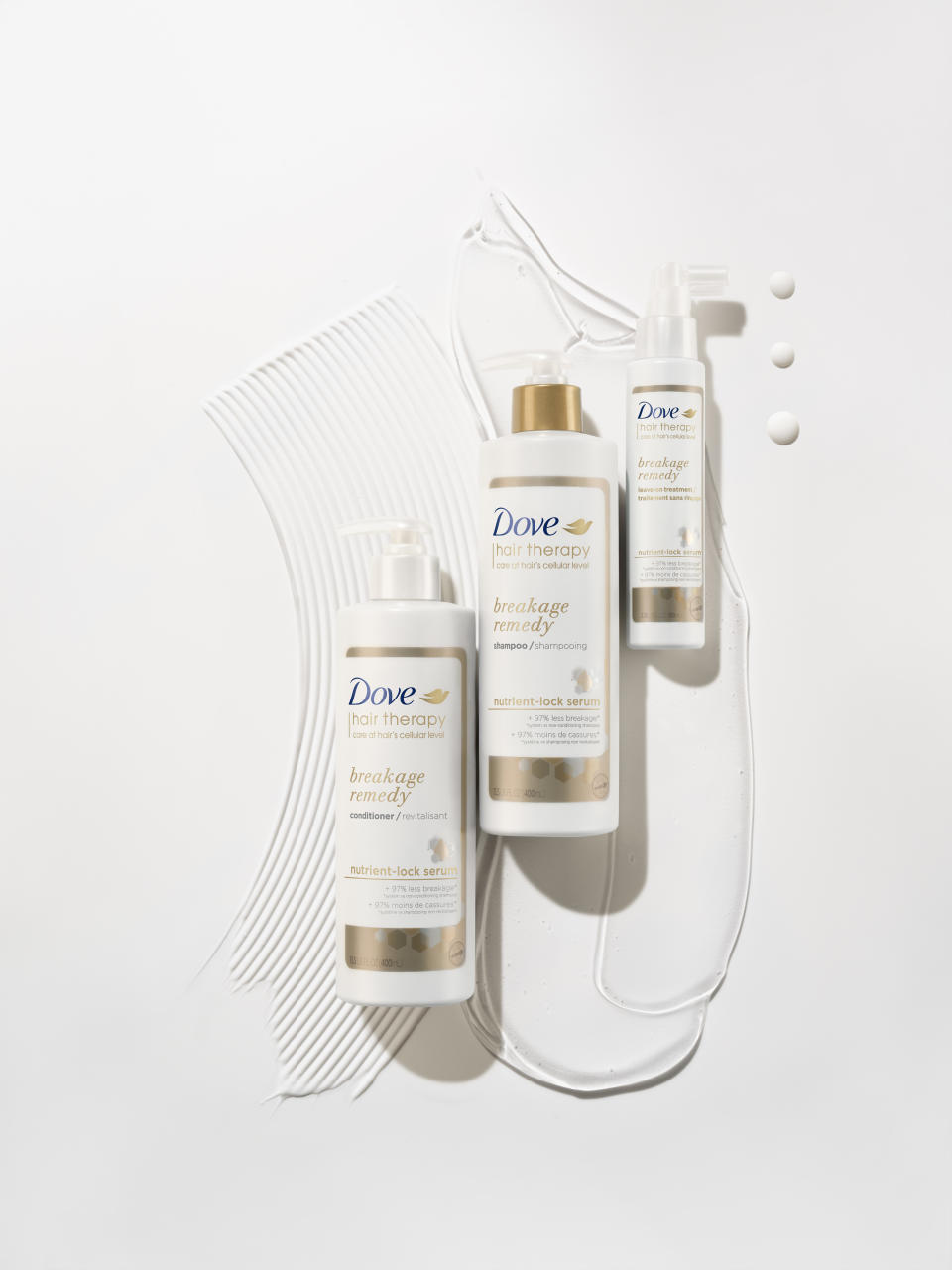Unilever Warns ‘Elevated Levels’ of Cost Inflation to Last Until 2022

LONDON — Unilever’s prestige beauty division delivered robust growth in the fiscal third quarter, which saw underlying sales climb 2.5 percent to 13.5 billion euros.
The parent of brands ranging from Dove, Vaseline and Pond’s to Hellmann’s and Ben & Jerry’s, said Thursday that reported growth was 4 percent compared with last year, due both to new acquisitions, such as Paula’s Choice, and price hikes in the face of severe cost inflation.
More from WWD
“We have delivered a good quarter against strong comparators,” said Unilever’s chief executive officer Alan Jope, who noted that underlying sales growth for the year so far is 4.4 percent. “We are confident that we will be well within our multiyear framework of 3 to 5 percent (underlying) growth for the full year.”

Courtesy
Jope also flagged “strongly elevated levels” of cost inflation that are set to continue into next year.
The company, he said, would continue to respond by taking “appropriate pricing action” and enacting new productivity measures to offset the increased input costs. The company, he said, expects to deliver in line with its margin guidance of “around flat” for the full year.
Unilever shares on the London Stock Exchange rose 3.3 percent to 39.44 pounds in mid-morning trading on Thursday.
Jope’s mention of ongoing inflation pressures spooked some analysts, including Bruno Monteyne of Bernstein.
Monteyne speculated that rising input costs might impact “the margin recovery some investors may have expected, based upon COVID-19-unwind, and suggests that margins may remain ‘around flat’ for longer.”
Jefferies described Unilever’s quarterly performance, which was just slightly ahead of consensus, as “good enough,” and said the company’s “decisive progress on pricing” was positive.
“But the underlying challenge remains the one of accelerating volume growth from the current (approximately) 2 percent level,” Jefferies said.
In its third-quarter trading statement Unilever said the operating environment across all markets remains “volatile,” with restrictions on daily life continuing around the world to varying degrees, and impacting channel dynamics, sales mix and consumer behavior.
Prestige beauty and functional nutrition, or vitamins, supplements and wellness brands, posted double-digit growth in the three months to Sept. 30. The company said sales of vitamins, minerals and supplements at the San Francisco-based Olly are “growing strongly.”

Fabien SARAZIN
Beauty and personal care was the largest division in the quarter with revenue of 5.7 million pounds, and underlying sales growth of 2.6 percent. That figure was slightly higher than the overall quarterly growth figure, but was impacted by a decrease in sales volumes and an increase in prices.
Beauty generally got a boost from the reopening of physical stores, and increased pricing in response to commodity inflation across categories and regions. Skin care saw high-single-digit growth, with Vaseline notching double-digit growth.
Although skin cleansing saw a step up in pricing, underlying sales declined overall as the company said the category faced tough comparatives from last year resulting from increased demand from COVID-19.
As reported, skin cleansing and hygiene products witnessed a big spike in sales last year when people were locked down at home. Demand for those products has since decreased as people have returned to work and the routines of pre-COVID-19 life.
Hair care grew in the low-single digits, while Dove’s hair therapy innovation in North America continued to perform well.
The company confirmed that it completed the operational separation of its tea business, which includes brands such as Lipton and Lyons, on Oct. 1. It is now focused on the next stage, which is expected to be either an IPO, sale or partnership.
According to Sky News, the tea division is valued 4 billion pounds, with CVC Capital Partners, Carlyle, Advent International, Cinven and the Abu Dhabi Investment Authority among the frontrunners to buy the business.
Sign up for WWD's Newsletter. For the latest news, follow us on Twitter, Facebook, and Instagram.

